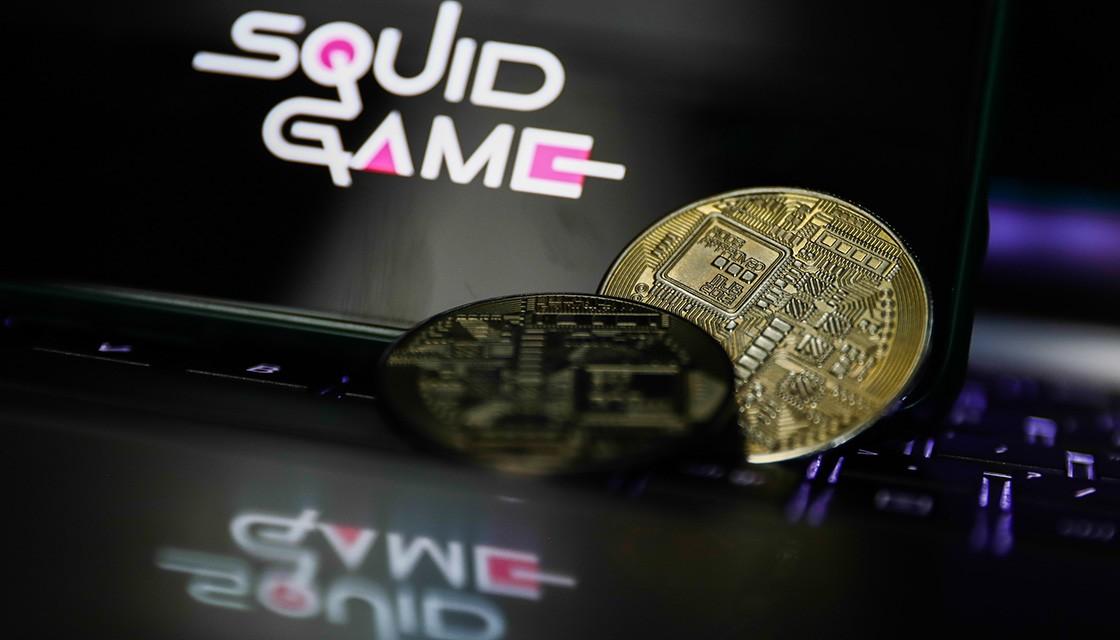
In yet another warning to aspiring crypto-investors, the anonymous creators of a cryptocurrency named after Netflix sensation Squid Game have disappeared, reportedly pocketing an estimated US$2.1 million in the process.
SQUID was launched last week and has no official affiliation with the South Korean drama show. However it attracted attention from the BBC, CNBC, Business Insider and others on its strong performance and growing value.
Unfortunately it looks like it was all a scam, with the developers allegedly performing a 'rug-pull', where the liquidity pool is drained quickly by creators cashing out the virtual tokens for real money.
They were able to do this because other investors hadn't been provided with simple means to trade or cash out the cryptocurrency - which website Gizmodo said pointed to it being a scam right from the start.
Yesterday the value of each SQUID went from US$38 to over $600 in just over three hours. Then - in a hallmark of rug-pulls - in just 15 minutes the value spiked to over $2800 before plummeting to be worth less than 0.08 cents.
SQUID was designed to be part of a 'play to earn' game on the blockchain, inspired by the show that centres on a deadly tournament of children's games.
Players would need to have the token to be able to participate in the game and have to accumulate 456 SQUID to be able to get their money back - far more than most investors put in.
However, the website set up for the game, along with all associated social media accounts, have now been taken offline, meaning that's no longer possible either.
CoinMarketCap - a website that details the value and volume of cryptocurrency sales - has now put a warning against the coin, saying "please do your own due diligence and exercise extreme caution".
But that's too late for some investors, including one who told CoinMarketCap he had lost everything after buying 5000 SQUID for $1 each.
Another told the website they were drawn in by news outlets giving attention to the cryptocurrency.
"I guess this will serve as a valuable lesson for me to not just jump into meme coins," they said.
"I am not blaming anyone except myself, but I think there must be some mechanism to avoid this in the future, and for news outlets to stop giving attention to these scammer type tokens."
Gizmodo reported a similar rug-pull happened earlier this year after a cryptocurrency called Mando used images from Disney's Mandalorian TV show to attract investors.
"This cryptocurrency joins a long and growing list of digital coins and tokens that piggyback on random memes or cultural phenomena," Cornell University economist Eswar Prasad told the BBC before the rug-pull occurred.
In a moment of prescience, he continued, "Remarkably, many such coins rapidly catch investors' fancy, leading to wildly inflated valuations. Naïve retail investors who get caught up in such speculative frenzies face the risk of substantial losses."


